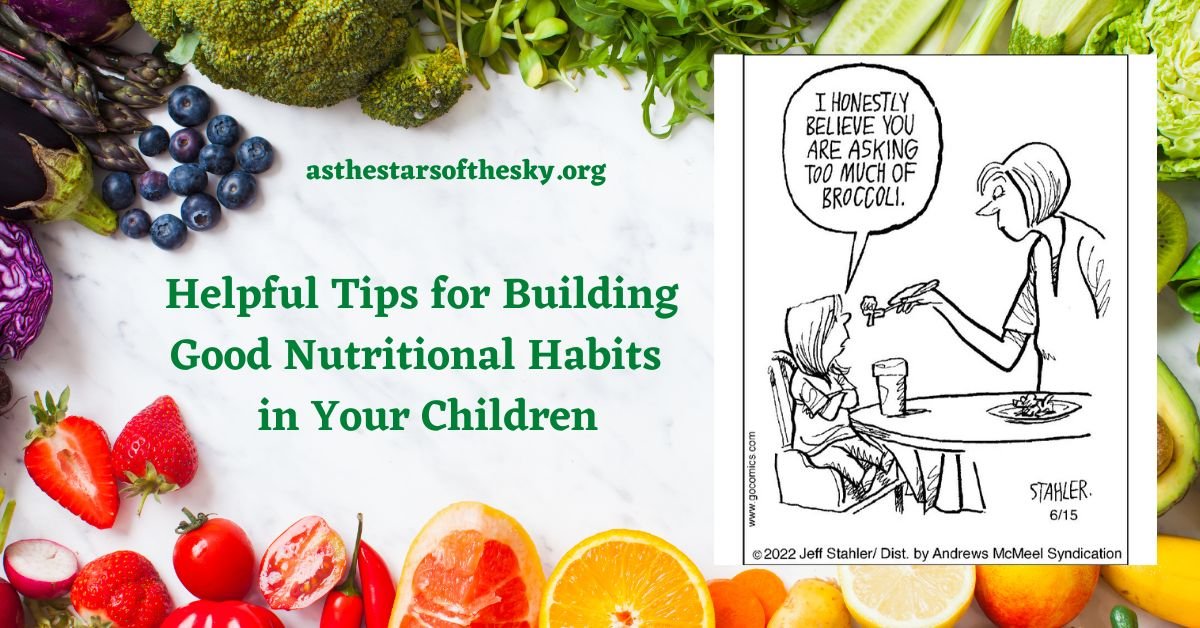The early years are critical for shaping a child's linguistic foundation. Engaging, playful experiences are essential for making this learning journey memorable and effective. Here are five language development activities that will not only enhance your children's communication skills but will also guarantee loads of fun.
1. Storytelling with Props
Aside from reading stories through books, this is a dynamic way to encourage creative speech and narrative thinking!
● How it works: Gather a collection of varied props like toys, hats, or household items. Encourage your child to pick any item and craft a story around it.
● Benefits: Expands vocabulary, nurtures creativity, and strengthens sequential storytelling abilities.
2. Sing-along Sessions
Melody and words combined for a delightful learning experience!
● How it works: Choose catchy songs that involve repetitive phrases or involve actions. Sing along with your child, ensuring they participate actively, either with actions or by singing back certain phrases.
● Benefits: Boosts memory, improves pronunciation, and aids rhythm in speech.
3. Picture-Word Match
A visual and verbal blend for enhanced vocabulary!
● How it works: Take several pictures and their corresponding word labels. Spread them out and let your child match each image with the right word.
● Benefits: Enhances word recognition, fosters visual-linguistic connections, and can be adapted for various age groups and complexity levels.
4. 'I Spy' with Descriptive Clues
The classic game with a linguistic twist!
● How it works: Instead of naming the object as in traditional 'I Spy,' give descriptive clues. For instance, "I spy with my little eyes something that's round, red, and delicious to eat." With my family, we frequently played this game while driving in the car.
● Benefits: Enriches descriptive vocabulary, encourages attentive listening, and hones deductive reasoning skills.
5. Role-Playing Conversations
Enter the world of make-believe and watch language skills bloom!
● How it works: Set up different scenarios, like a doctor's visit, grocery shopping, or a day at the zoo. Take on roles with your child and have a conversation relevant to the setting. And, when you actually go on these visits, be sure to talk with your children about their experiences. Elicit their discussion of all that they see, touch, and feel.
● Benefits: Encourages spontaneous speech, practices real-life conversational cues, and enhances social communication skills.
Other Activities
Word Association Games
Spark connections between words and concepts in a playful manner!
● How it works: Start with a word, such as "apple," and have your child respond with the first word that comes to mind, maybe "fruit." Continue the chain, moving from one related term to the next.
● Benefits: Stimulates quick thinking, broadens vocabulary, and promotes neural connections between related concepts.
Interactive Story Apps
Blending technology and tales for a modern language boost!
● How it works: Introduce children to interactive story apps that allow them to choose the direction of the story. As they make choices, they engage in reading and decision-making. As always, ensure that the apps and stories are age appropriate.
● Benefits: Enhances reading comprehension, encourages decision-making based on textual clues, and offers diverse storytelling experiences.
Learning Language is Fun
Language is a beautiful tapestry of words, sounds, and meanings. As parents and educators, it is our responsibility to provide children with the tools and opportunities to weave their own linguistic tales. The activities mentioned above are not mere tasks but gateways to vast linguistic landscapes, where each word is a step towards discovery. Always remember, the essence of these language development activities is the joy, curiosity, and wonder they instill. As your child delves into these activities, they are not just learning to communicate; they are also embracing the world with open arms and articulate voices. So, gear up, dive in, and let the linguistic fun begin!




















